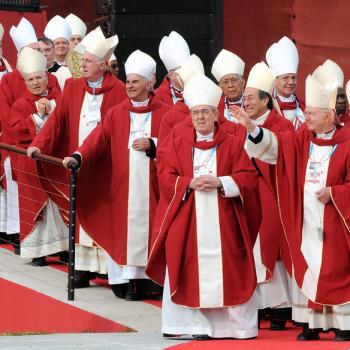Columnist Ezra Klein introduces a useful concept, the “last chapter problem”:
In March, the historian David Greenberg wrote an essay on “why last chapters disappoint.” He began by reviewing “Public Opinion,” Walter Lippmann’s 1922 treatise arguing that the longtime dream of a rational, enlightened democracy was being undercut by the complexity of policy issues and the irrationalities of the voting public.
The critics agreed: Lippmann’s book was brilliant. At least, until the final chapter, in which Lippmann offered gauzy and unpersuasive hopes that mankind’s better angels would rise up and banish “hatred, intolerance, suspicion, bigotry, secrecy, fear and lying” from the public square. The conclusion, H.L Mencken said, collapsed into “mystical gurgle.”
But Greenberg was sympathetic. “Lippmann’s experience will be familiar to almost anyone who has written a book aspiring to analyze a social or political problem. Practically every example of that genre, no matter how shrewd or rich its survey of the question at hand, finishes with an obligatory prescription that is utopian, banal, unhelpful or out of tune with the rest of the book.”
President Obama’s address from Osawatomie, Kan., also had a last-chapter problem.
Klein goes on to analyze (favorably) Obama’s Kansas speech, which, however, ended in unjustified optimism. He then, gracefully, applies the concept to himself and his own column:
And the truth is, I’m left with a last-chapter problem, too. It’s all well and good to call for reforms to clean up and modernize the political system, but such things are easier said than done. The Supreme Court presents a significant challenge to all but the most modest of campaign-finance reforms, and though the wanton deployment of the filibuster has rendered both parties nearly incapable of governing, there’s little congressional support for reforms that would allow majorities to actually pass the policies they’ve promised voters. But to get to the right answers, you must first ask the right questions.
“In the end,” wrote Greenberg, “most authors have themselves to blame. Having immersed themselves in a subject, almost all succumb to the hubristic idea that they can find new and unique ideas for solving intractable problems. They rarely do, and even works that do usher in specific reforms or broad social transformations — from ‘The Jungle’ to ‘The Feminine Mystique’ — do so by raising awareness about an issue, not by providing ready-to-go blueprints.”
Can you think of other “last chapter” problems?
via Obama’s economic argument: A good premise meets a bad finish – The Washington Post.












